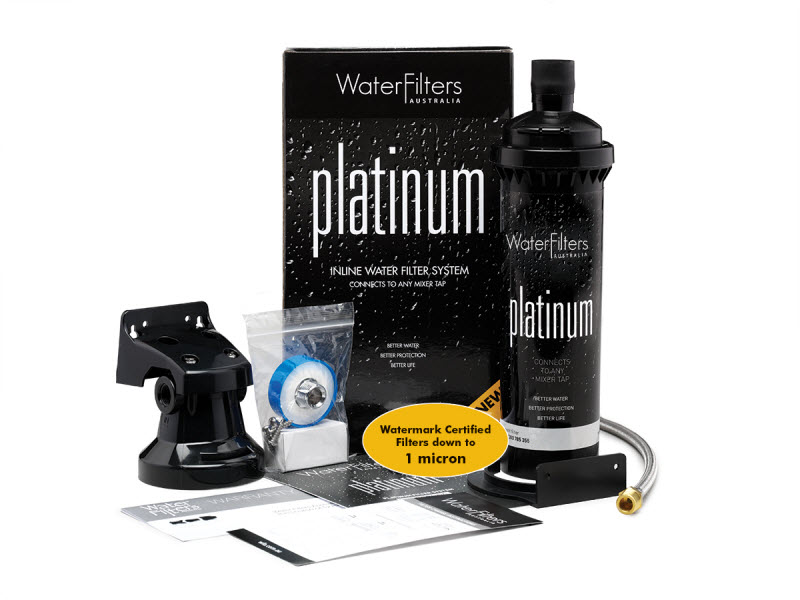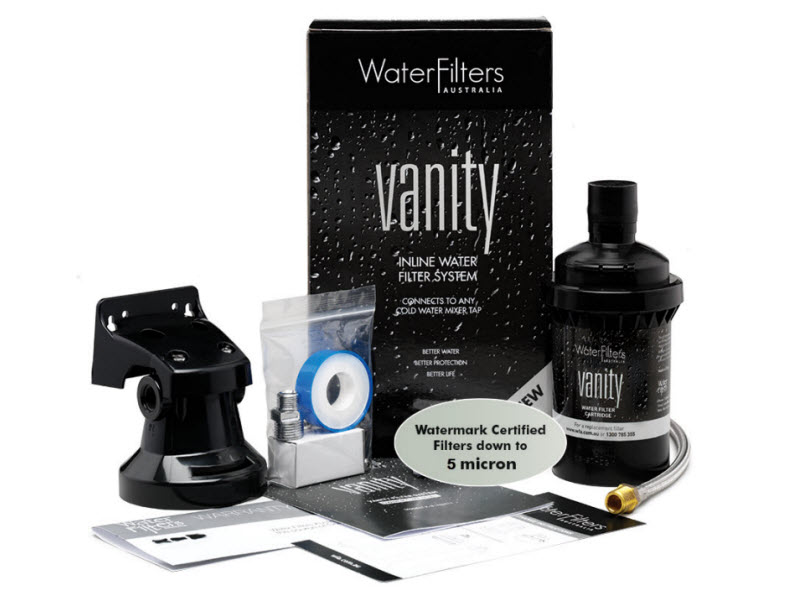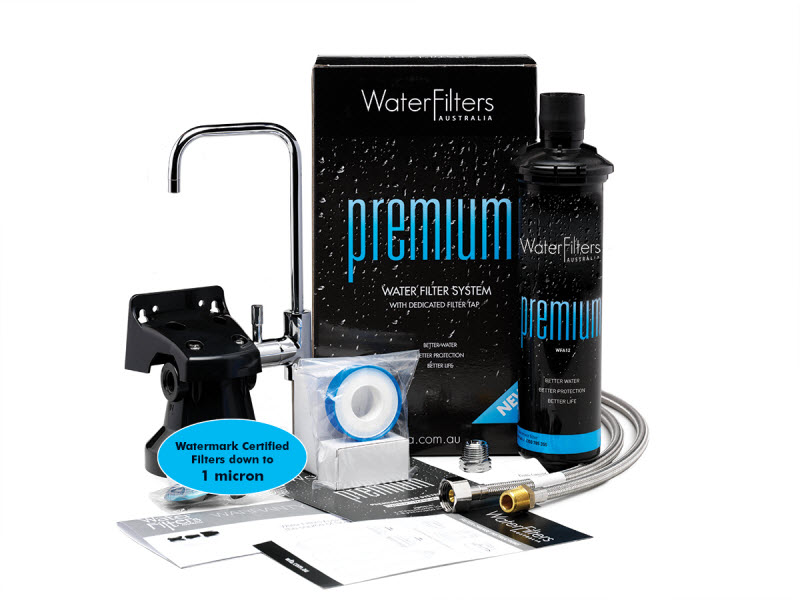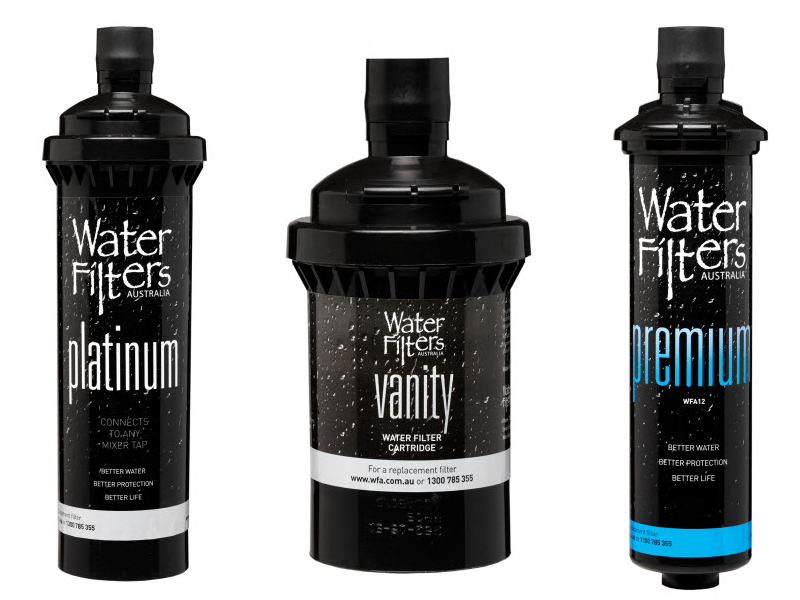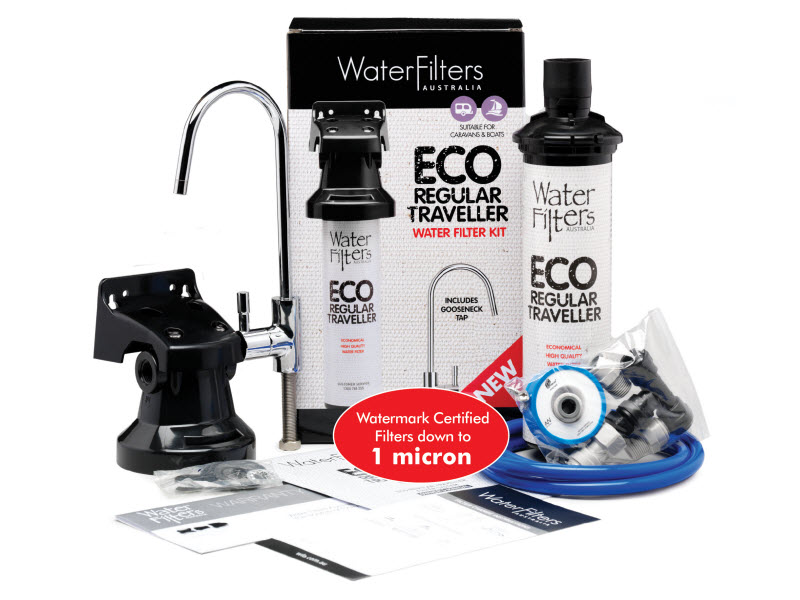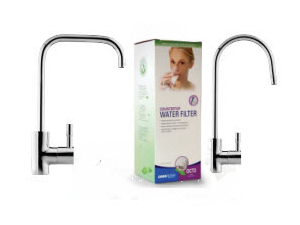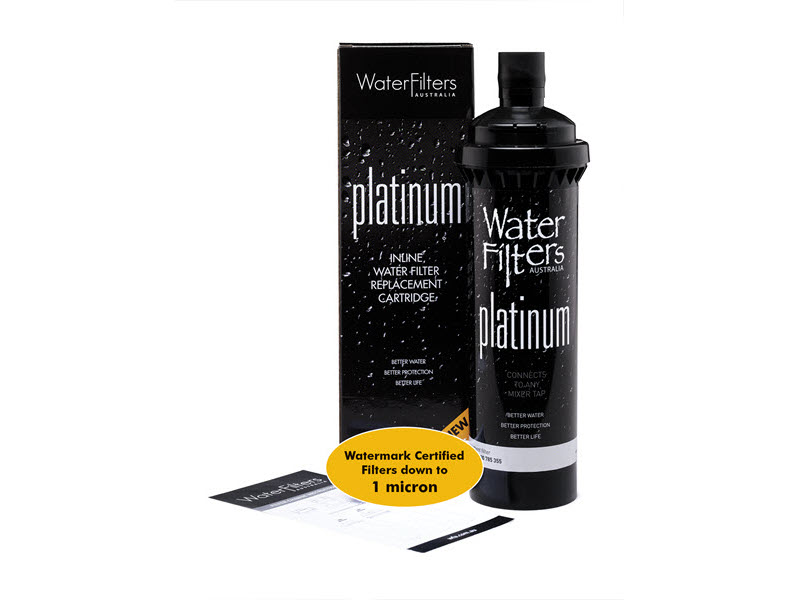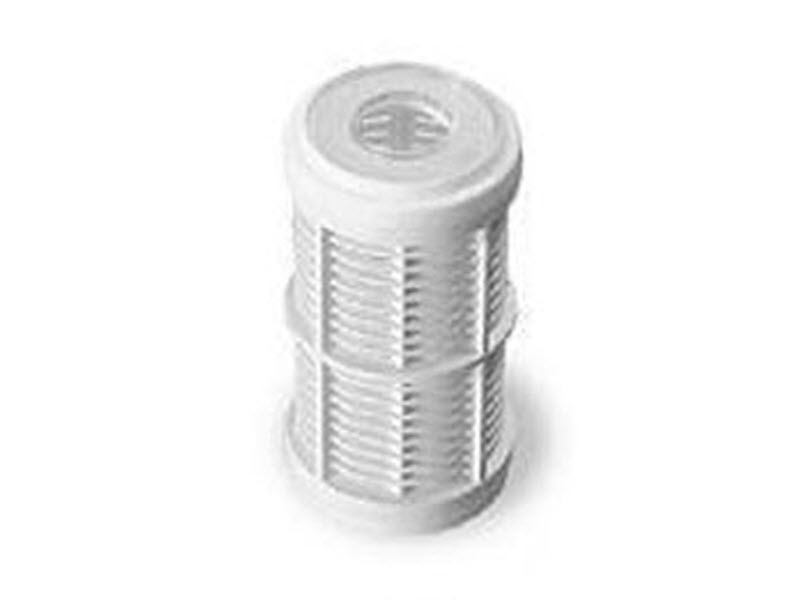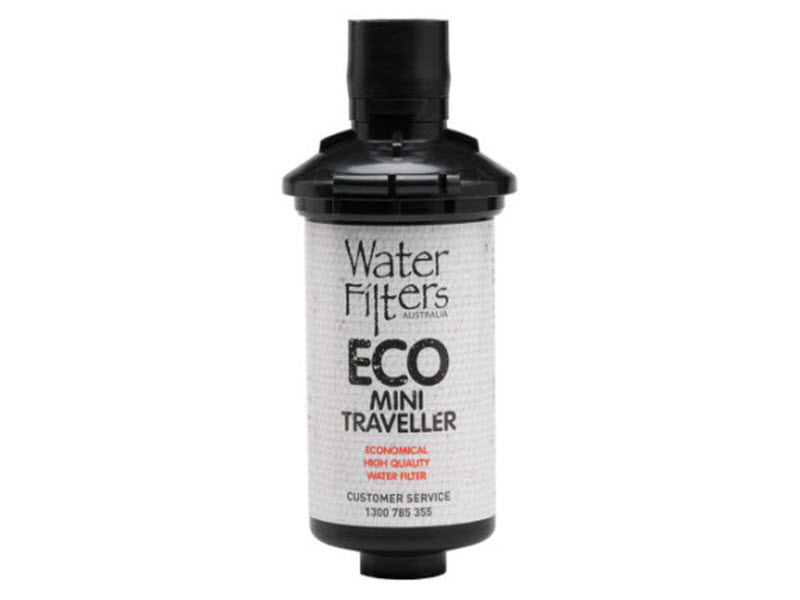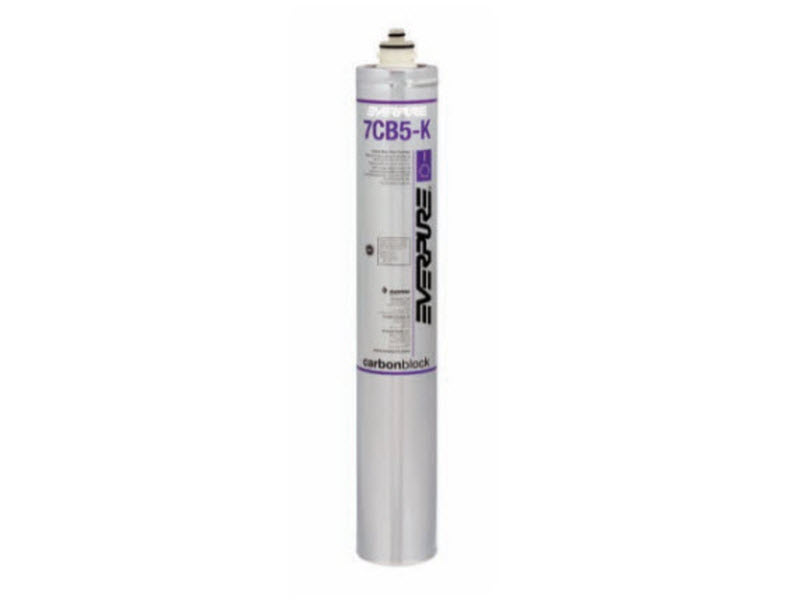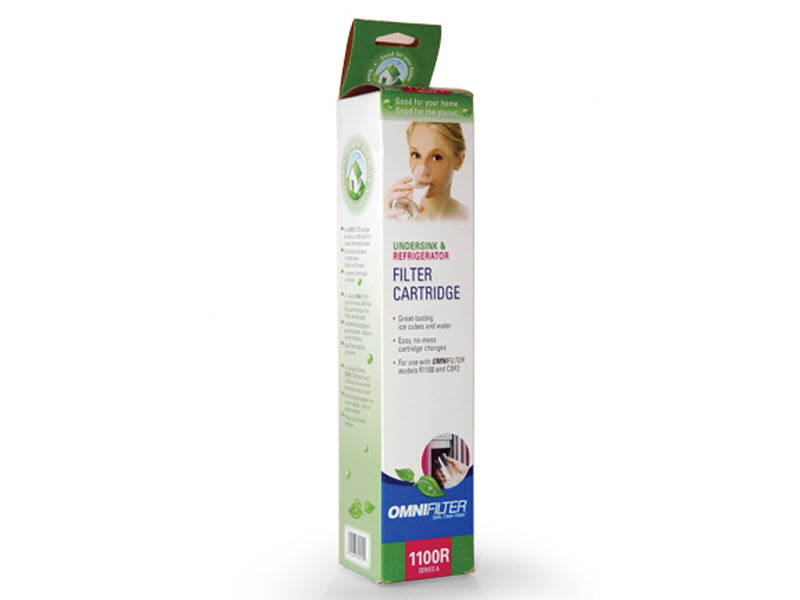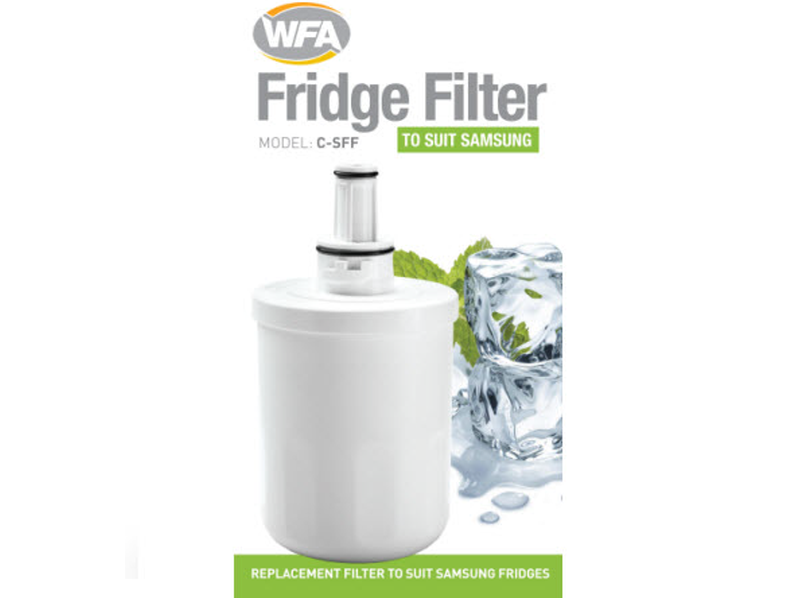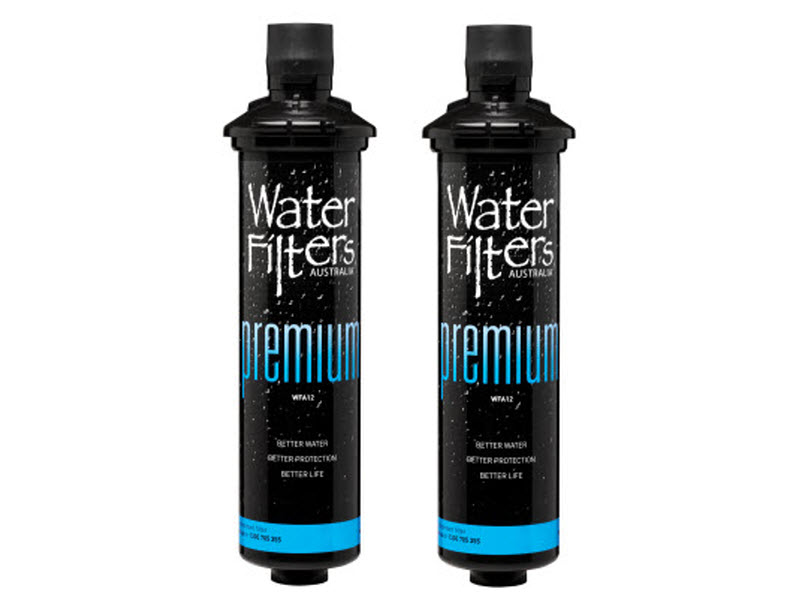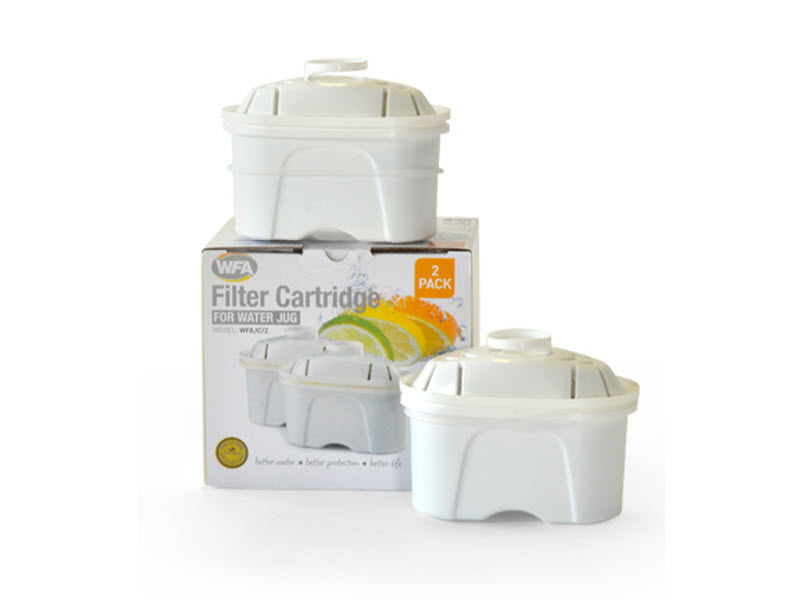The problem with fridge water filters
Renovating or redesigning your kitchen? If you tick these boxes the chances are you’ll be updating your appliances too… and finally banishing the old fridge to the garage as an all important ‘drinks fridge’!
A new fridge opens a list of possibilities and these days many fridges come with a built in water filter.
Yay to chilled water straight from the fridge! But just how good are fridge water filters?
And is this really the smartest way to filter water?
According to WFA’s Technical Director, Craig Hannam there are four things to consider if you are thinking of investing in a fridge water filter.
Renovating or redesigning your kitchen? If you tick these boxes the chances are you’ll be updating your appliances too… and finally banishing the old fridge to the garage as an all important ‘drinks fridge’!
A new fridge opens a list of possibilities and these days many fridges come with a built in water filter.
Yay to chilled water straight from the fridge! But just how good are fridge water filters?
And is this really the smartest way to filter water?
According to WFA’s Technical Director, Craig Hannam there are four things to consider if you are thinking of investing in a fridge water filter.
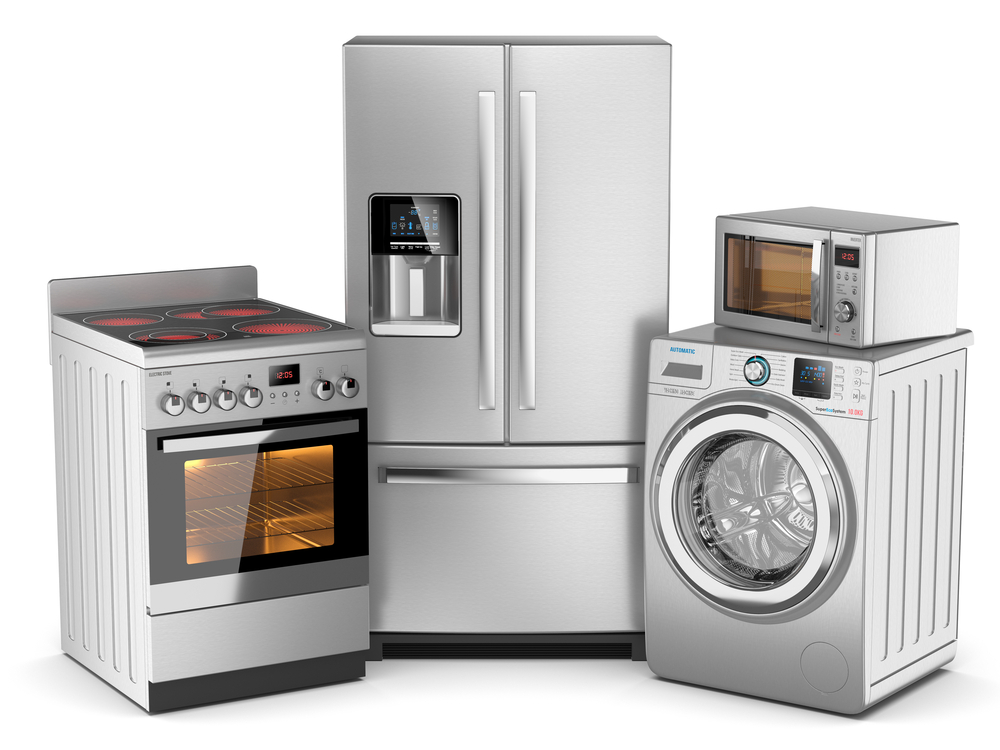
1. Quality
It’s important to check the quality of the filtered water produced by the fridge filter and to look very closely at what the filter actually does. Always check the micron rating, some fridge water filters only filter to 5 microns. What’s a micron? It’s a term used to measure small particles – a micron is one thousandth of a millimetre. To give you an idea, the human eye can’t see anything smaller that 30 microns and a human hair is 75 microns wide.
Generally the smaller the micron rating, the better the fridge water filter as it can remove smaller particles. In order to remove possible ‘nasties’ like cysts you’ll need a water filter that removes particles to 0.5 microns.
Another quality check is to make sure your fridge water filter is WaterMark certified. So what does that mean? WaterMark is a national certification scheme – our Australian standards tick of approval. They independently test and check the performance of the product. And independently certify that the products meet Australian safety plumbing standards.
In a nutshell it’s important to check that if you decide to buy a fridge water filter you are getting the water quality that you expect.

2. Quantity
Typically fridge water filters are used for filling up a glass of filtered water. If you want to use filtered water for cooking it’s very difficult to fit a pot under a fridge filter for your rice or pasta.
The flow rate is usually quite slow too so this in turn changes the way you may use the filter. For example, a large family who like filtered water for more than just a glass of water, like using filtered water for cooking, filling the kettle and washing vegetables may find that this isn’t the best water filter for them.
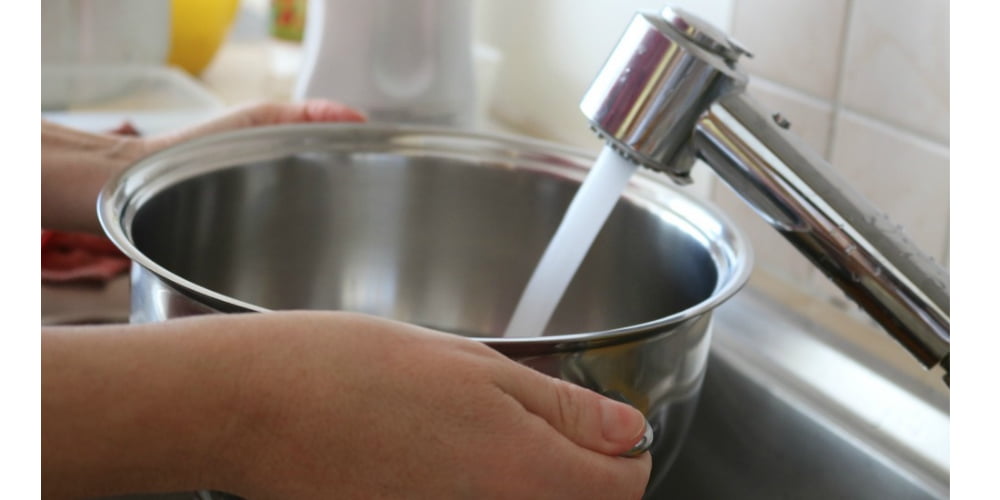
3. Cost
Typically most fridge water filters are small and only have a capacity to last for 6 months. So when it comes to changing the filter cartridge it is a twice a year cost rather than once every 12 months with a WFA water filter cartridge.
Just as a comparison a WFA water filter produces filtered water at less than 1 cent per litre, compared to an average of $2.75 per litre of unfiltered bottled tap water and an average price of $5.18 per litre for bottled spring and mineral water.
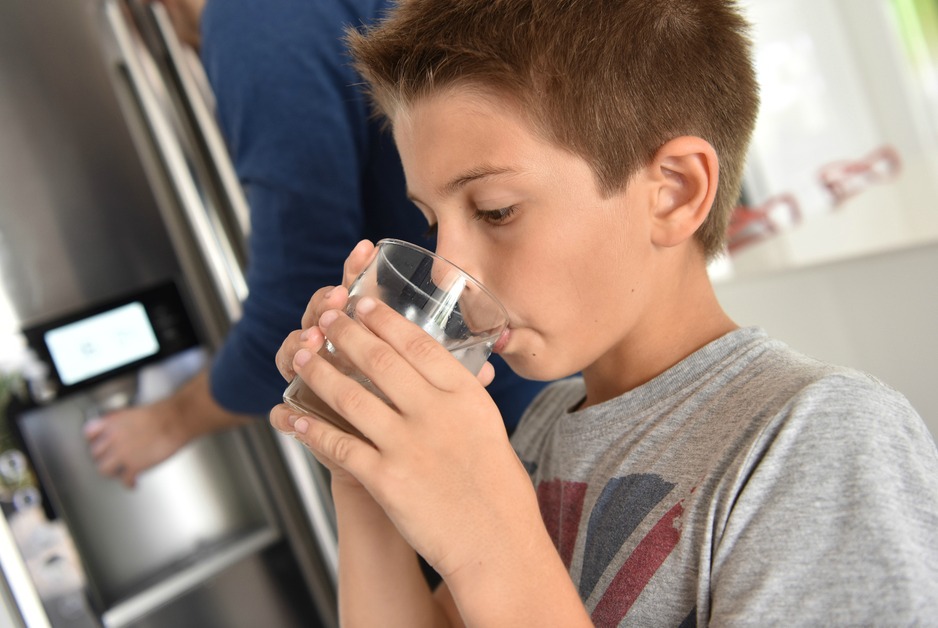
4. Usage
Ask yourself what you are going to use your fridge water filter for? If it’s just for a cold glass of filtered water then great. But if you want to make the switch to filtered water for all your kitchen needs then an inline water filter is a more convenient, cost effective way to go. It’s hard to put a saucepan under a fridge water filter or fill a kettle!
If you are looking to update your kitchen and want to buy a quality water filter look at investing in a WFA Platinum inline water filter for all your kitchen needs.
Or contact our friendly customer service team to discuss your water filtration requirements. We’d love to help!
Read more water filter systems articles.



